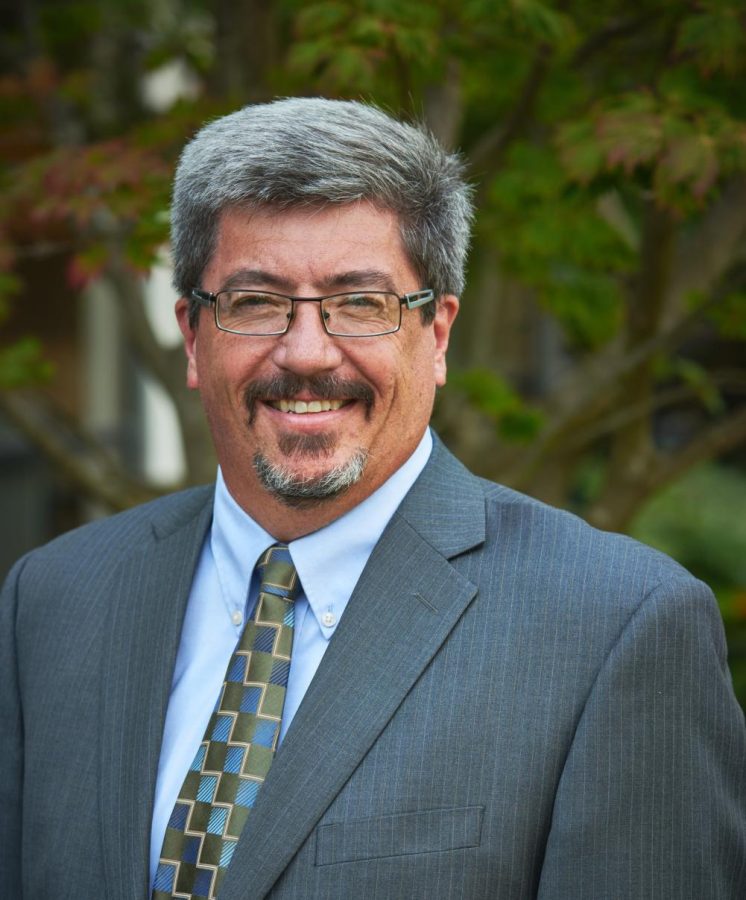International students face stigma
Over this past quarter, one question continues to gnaw at me: if SPU asks us to “engage in the culture and change the world,” what cultures are we fully engaging in other than the Christian community?
It wasn’t until this year, after having the pleasure of living with two amazing girls from two different Asian countries, that I began to know and visibly see the lack of representation of foreign or international students at the university.
Laina Mogi, a junior studying psychology, transferred to Seattle Pacific last year with the hopes of experiencing a new life outside of her home country, Japan.
Sara Tung, a senior studying English literature and from Hong Kong, China, heard through her younger sister, who was attending Seattle Pacific, that it was way better than her current university in Georgia.
Last year, it was stated to the incoming international students that the university’s international student enrollment had increased from 2 percent to 5 percent.
Mogi, who attended an international school for all of her education career in Japan, was taught English as her first language, so when first meeting, it is easy to overlook that she could be from another country.
“After talking, people constantly ask where I’m from and when they find out, they can’t believe it because of how clear my accent is,” Mogi said.
After talking with my roommates, one thing became clear: whether it’s in the opinion of an international, transfer or one of the lucky “outcasts” of SPU, there is a sense of separation when it comes to students who clearly identify with the Christian culture and those who don’t.
While Mogi’s accent may come out clear, other students may of not had the opportunity to learn and practice English as she did.
Mogi, who is a part of the school’s dance club Ante-Up, was teaching a group of boys a routine for the a talent show and one of them happened to be an international student from Asia.
The rest of the boys felt the need to make sly comments behind the boys back, saying things such as, “I don’t know why he is here if he can’t speak or understand English that well.”
“You can’t do that at this age. We need to understand not everyone learns English at a young age. Not everyone is from Europe,” Mogi said. Homesh Ramlochun, a senior at Seattle Pacific, came to America for the first time when moving into the dorms for his freshman year.
Traveling all the way from Mauritius, a tropical island in the Western Indian Ocean, the Pacific Northwest was unlike anything he’d prepared for, and that included SPU.
“If I explain where I’m from, it’s so different. Exotic almost,” Ramlochun half jokingly stated.
All three students come from a background where religion has never been deemed extremely important, so coming to a new country with a new spin on faith was the hardest adjustment.
After meeting a student his freshman year, Ramlochun tried to engage in the Christian church by attending services and groups.
Later, he experienced a moment of his R.A making comments on the school’s dry campus policy while drinking alcohol. It was in the moment of all of those sitting around, taking part in activities that violated school policies, that did he realize there was a double standard to the faith policy and who was representing it.
“I just wish everyone would do their research a little bit more,” Mogi admitted. “And not make sudden assumptions about myself or other foreign students in this country.
Everywhere has those assholes, but I feel in America, at times, feels the strongest.” After talking with all three of the students, each one admitted that the university itself isn’t entirely horrible.
While they’ve experienced moments of exclusion or faced racial stereotypes, the school has provided opportunities in their education they wouldn’t receive back home.
“It changed me in a way … it has provided me with connection to take subjects like religion and philosophy I wouldn’t normally find in Mauritius,” Ramlochun replied when asked if he’s found any benefit of going to SPU.
So, how can we begin dissolving this stigma of arrogance of approaching international students? There is lack of guidance from the International Students Services department here on campus.
Both Ramlochun and Mogi admitted to feeling a lack of care when it comes to approaching the students and providing them with the insights and information when coming to not only a new school, but a new country.
“If we want to learn from others and teach people about new cultures, or even our own, then we must recognize [our] differences,” Tung stated.
If we are asked to engage in the cultures of the those on campus and to change the world with this involvement, then we need to start looking at multiple cultures rather than just the prominent one.














































































